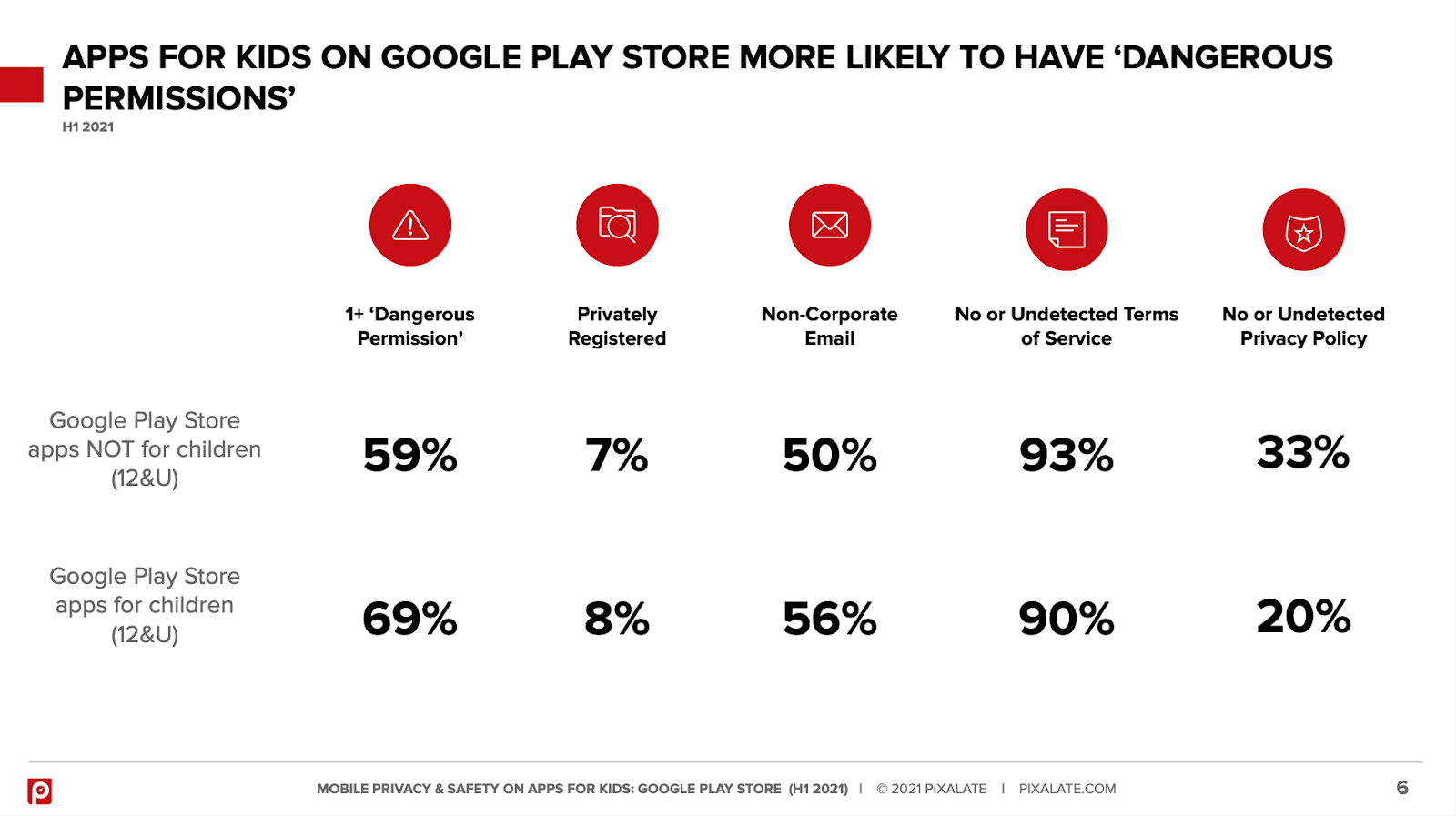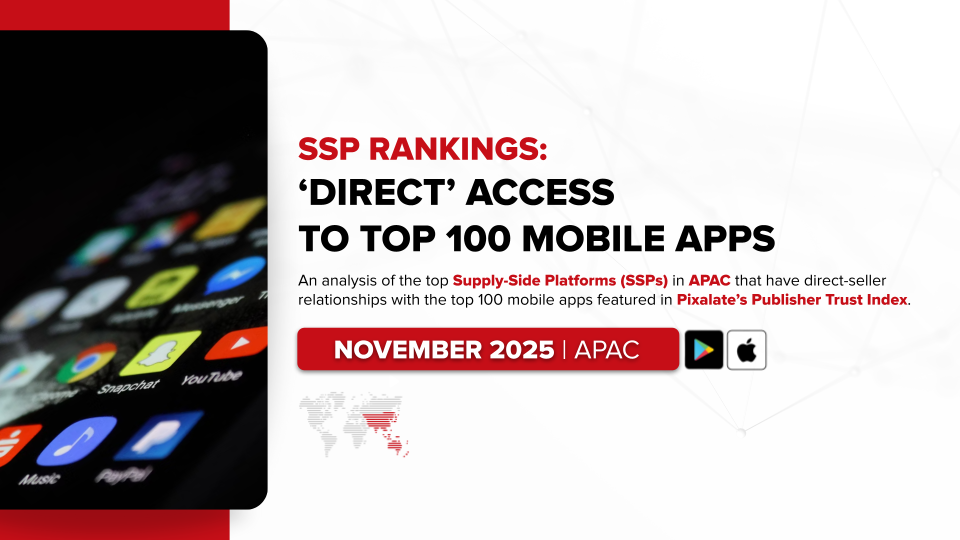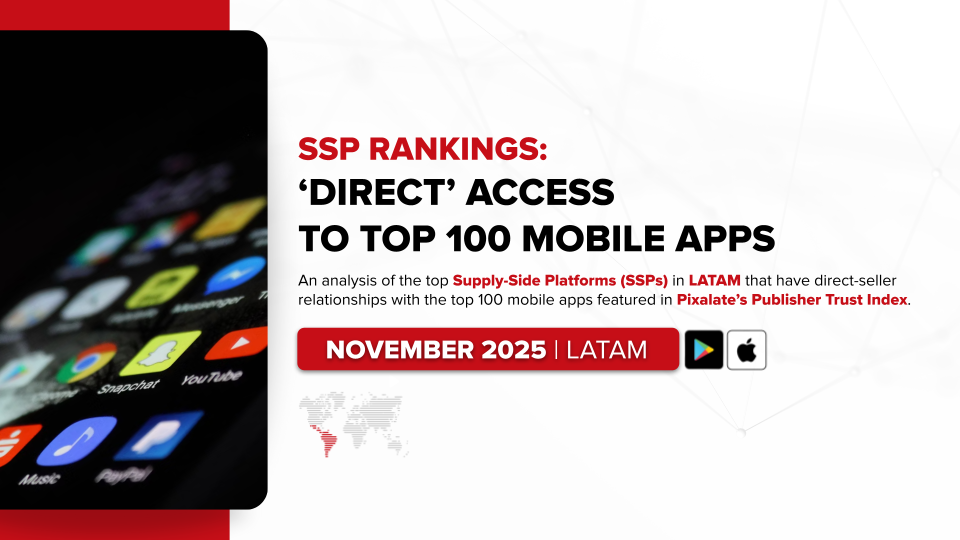3 things to know:
- There are almost 3 million apps in the Google Play Store purported to be suited for audiences that include children aged 12 and under in H1 2021
- 69% of apps for children in the Google Play Store requested at least one ‘dangerous permission’ (59% in apps for older audiences)
- 20% of apps for children in the Google Play Store did not have a detectable privacy policy (33% in apps for older audiences)
According to Pixalate’s estimates, 87% of apps in the Google Play Store in H1 2021 purported to be suited for audiences that include children aged 12 and under. However, many of them performed worse regarding major transparency standards than apps aiming for older audiences, according to Pixalate.

One of the most significant differences between apps for kids and those not for kids is seen in the requesting of ‘dangerous permissions.’ According to Pixalate’s analysis, apps for children in the Google Play Store were more likely (69%) to request such permission than apps not for kids (59%).
Moreover, apps for kids in the Google Play Store were more often registered on non-corporate email by a general provider such as Gmail or Yahoo. 56% of apps for kids were registered on such email, compared to 50% for apps not for kids.
However, apps for kids performed much better in one of the most important indicators - having a detectable privacy policy. According to Pixalate’s estimates, 20% of apps for children in the Google Play Store had no detected privacy policy compared to 33% of apps not for kids.

Disclaimer
The content of this report reflects Pixalate’s opinions with respect to the factors that Pixalate believes can be useful to the digital media industry. Any data shared is grounded in Pixalate’s proprietary technology and analytics, which Pixalate is continuously evaluating and updating. Any references to outside sources should not be construed as endorsements. Pixalate’s opinions are just that, opinions, which means that they are neither facts nor guarantees.
It is important to also note that the mere fact that an app lacks a Privacy Policy, lacks Terms of Service, is Privately Registered, and/or is registered under a Non-Corporate Email does not necessarily mean that such app, or its publisher, is actually exploiting data.
Instead, Pixalate is merely rendering an opinion that these data points may be suggestive of heightened risks to data subjects. Pixalate is sharing this data not to impugn the standing or reputation of any entity, person or app, but, instead, to render opinions and report trends pertaining to apps available for download via the official Google Play Store.







